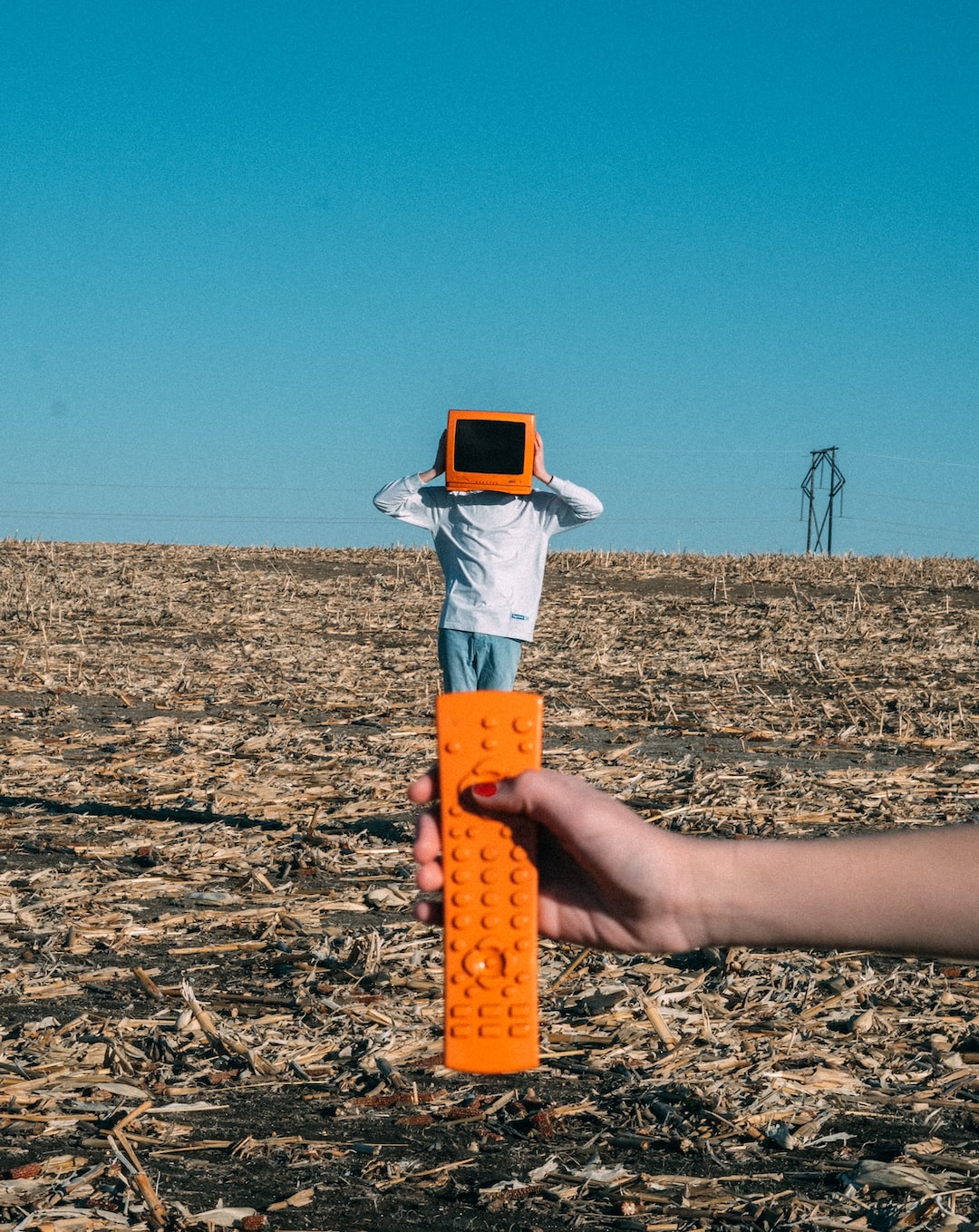The Power of Social Media in Activism
In this digital age, social media has become a powerful tool in various aspects of our lives. One area where its impact is particularly visible is in activism. Platforms like Facebook, Twitter, Instagram, and TikTok have transformed the way individuals and communities advocate for change. With just a few clicks, anyone can raise awareness, mobilize support, and create a global movement. The power of social media in activism is undeniable, and its potential to bring about positive social change is limitless.
One of the greatest strengths of social media is its ability to amplify marginalized voices. Historically, activism has been limited to those with access to traditional media outlets or well-established platforms. However, social media has democratized the process, allowing anyone with an internet connection to share their message with the world. This has led to a significant diversification of voices in the global discourse on social issues.
For instance, the Black Lives Matter movement gained tremendous momentum through social media. Videos and photos depicting instances of police brutality against Black individuals circulated virally, sparking outrage and calls for justice. Grassroots activists utilized hashtags like #BlackLivesMatter to connect with others, share information, and organize protests and rallies. The movement quickly spread beyond the confines of the United States, transforming into a worldwide call for racial justice.
Social media has also facilitated the formation of online communities centered around specific causes. These communities provide individuals with the opportunity to connect and organize, regardless of geographical location. Online activism, or “clicktivism,” has gained popularity as people can easily sign petitions, donate to causes, or participate in online campaigns. This accessibility opens up avenues for individuals who may not have the time or resources to engage in traditional forms of activism.
Moreover, social media platforms have given activists a platform to hold institutions accountable. The #MeToo movement presents a prime example of how survivors of sexual harassment and assault used social media to share their stories, putting pressure on powerful individuals and organizations. The movement exposed the scale and prevalence of harassment, leading to tangible changes in workplace policies and societal attitudes towards survivors.
Another notable aspect of social media in activism is its ability to sway public opinion. With the rise of “fake news” and misinformation, social media has been both a blessing and a curse. Activists can utilize the power of viral content to expose corruption, challenge harmful narratives, and present alternative viewpoints. However, this same power can be harnessed by those seeking to spread disinformation and discredit activists. Thus, caution and critical thinking are crucial when navigating the complex landscape of social media activism.
Critics argue that social media activism is often performative, lacking the substance and long-lasting impact of traditional forms of activism. They suggest that it promotes “slacktivism,” where individuals engage in minimal effort activism, such as liking or sharing a post, without taking concrete action. While this may be true in some cases, it by no means negates the potential of social media in driving meaningful change. Rather, it highlights the need for a balanced approach that combines online advocacy with real-world actions.
In conclusion, the power of social media in activism cannot be underestimated. It has revolutionized the way individuals and communities advocate for change, providing a platform for marginalized voices, facilitating the formation of online communities, holding institutions accountable, and influencing public opinion. However, it is essential to recognize the limitations and potential pitfalls of social media activism and find ways to bridge the gap between online activism and real-world impact. Ultimately, social media is a powerful tool that, when used responsibly and strategically, can create a wave of positive change in society.

